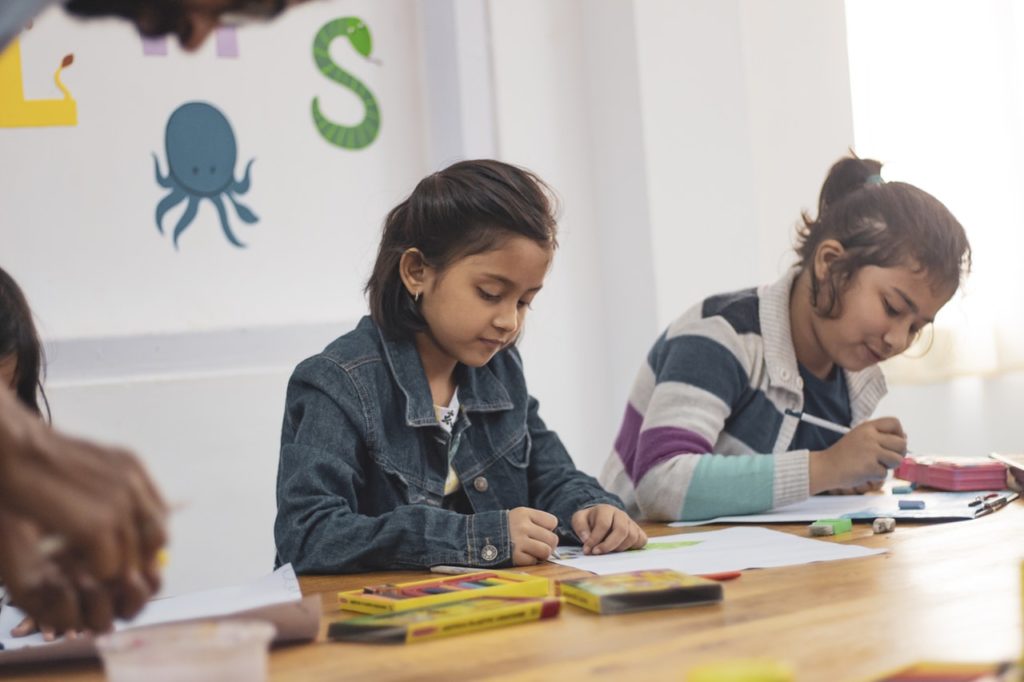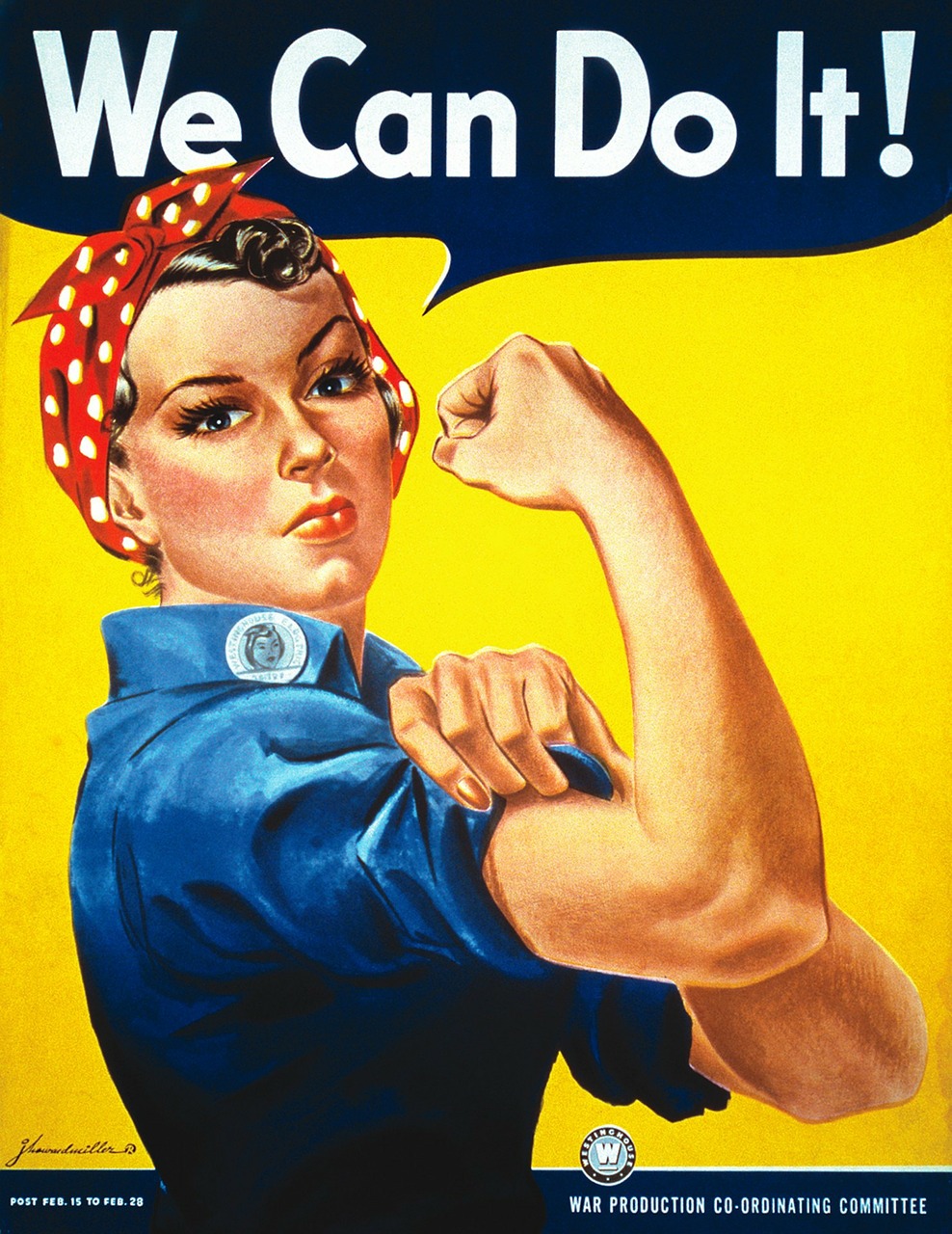Written by: Kimberly White
When one thinks of solutions to climate change, immediate thoughts may be expanding renewable energy use, reducing deforestation, or opting for EVs vs. traditional vehicles. However, there is another powerful key in the fight against the climate crisis that has been largely untapped: women.
Studies have shown that women are disproportionally impacted by climate change. According to the United Nations, 21.5 million people are displaced annually by weather hazards worsened by climate change. Out of those displaced, women account for 80%.
Women are also more likely to experience poverty and have less socioeconomic power than their male counterparts. Approximately 60% of the world’s chronically hungry people are women and girls. While women account for 50% of the world’s poor, children account for 44%. The World Bank reports that for every 100 boys living in extreme poverty, there are 105 girls.
Advancing gender equality and empowering women can deliver cross-sectoral, long-term solutions and results to climate change.
According to Mary Robinson, former President of Ireland, “If we took away the barriers to women’s leadership, we would solve the climate change problem a lot faster.”
Addressing a 2011 report, former Secretary-General of the United Nations Ban Ki-moon stated, “Saving our planet, lifting people out of poverty, advancing economic growth — these are one and the same fight. We must connect the dots between climate change, water scarcity, energy shortages, global health, food security, and women’s empowerment. Solutions to one problem must be solutions for all.”
This January, Project Drawdown’s Vice President of Communication and Engagement, Katharine Wilkinson, gave a TED Talk on women empowerment and global warming. She states, “The gender-climate connection extends beyond negative impacts and beyond powerful solutions. Women are vital voices and agents for change on this planet, and yet we’re too often missing or even barred from the proverbial table.”
Project Drawdown, a nonprofit organization and coalition focused on solutions to climate change, marks educating girls as the 6th most important solution to mitigate the climate crisis. Family planning follows close with a ranking of 7th and women smallholders ranks at 62nd.

In the 2011 edition of The State of Food and Agriculture, the United Nations Food and Agricultural Organization (FAO) reported that agricultural production could be increased and the number of people facing hunger could be reduced by 100-150 million if women had the same access to land, technology, financial services, education and markets as men.
At the 2016 Step It Up Together with Rural Women to End Hunger and Poverty event, European Union Commissioner for International Cooperation and Development, Neven Mimica, stated, “It is often said that if you educate a woman, you educate a whole generation. The same is true when we empower women across the board -not only through access to knowledge, but also to resources, to equal opportunities, and by giving them a voice.”
Climate change will disrupt the economies and lives of communities around the world. It will impact every country and every continent. It is time we recognize and empower the change agents we often overlook: women.







